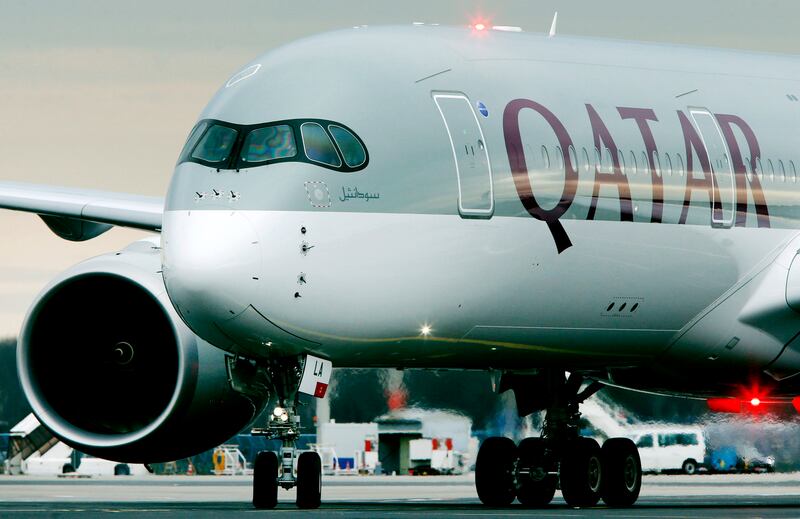Tourists are avoiding Qatar after the boycott of the country by the UAE and other Arab states.
The country “started to report negative results following the diplomatic crisis”, according to a report compiled by the United Nations World Tourism Organisation (UNWTO).
Qatar’s tourism fell by 44.6 per cent in June compared to the same time last year. The previous month, tourism had only been down 6.8 per cent, the UNWTO World Tourism Barometer report said. The study is based on international overnight visitors.
As the report’s data collection closed at the end of August, the full extent of Qatar’s falling tourism after the boycott by the UAE, Saudi Arabia, Bahrain and Egypt is still to be determined.
The four countries cut diplomatic, trade and travel connections to Qatar on June 5 over the quartet’s concerns that Qatar is funding terrorism.
The countries blocked Qatar Airways from operating in their airspace, cutting off key routes for visitors.
The UNWTO figures show tourism in Qatar fell by 7 per cent in the first seven months of 2017, compared to the same period last year.
The number of tourists had grown by by 4.9 per cent in the first quarter of the year and its international tourism earnings were up 27 per cent, but the report suggests the boycott in the second quarter is responsible for Qatar’s falling international tourism rate.
In August, Qatar made a drastic change to its border control rules to counter its economic isolation. It abolished the need for visitors from more than 80 countries to secure a visa to enter the country. Instead, a multi-entry waiver is now issued free-of-charge at the port of entry and is valid for a minimum of six months.
Diplomatic relations between the four countries and Qatar have been frozen since June this year over the quartet’s concerns that Qatar is funding terrorism.
Qatar’s falling levels go against the trend of rising tourism levels throughout the Middle East, with the region as a whole seeing a boost of 9 per cent in the first of the half year. Tourism in the Middle East had been predicted to rise by only 2 - 5 per cent after years of decline due to the instability during the aftermath of the Arab Spring.
Thanks to improved security and increased promotion, Egypt’s tourism levels rose by 52 per cent after levels fell dramatically in 2016 and previous years. Palestine reported a 58 per cent increase in the first quarter.





